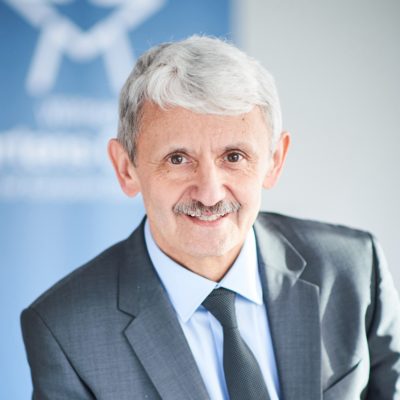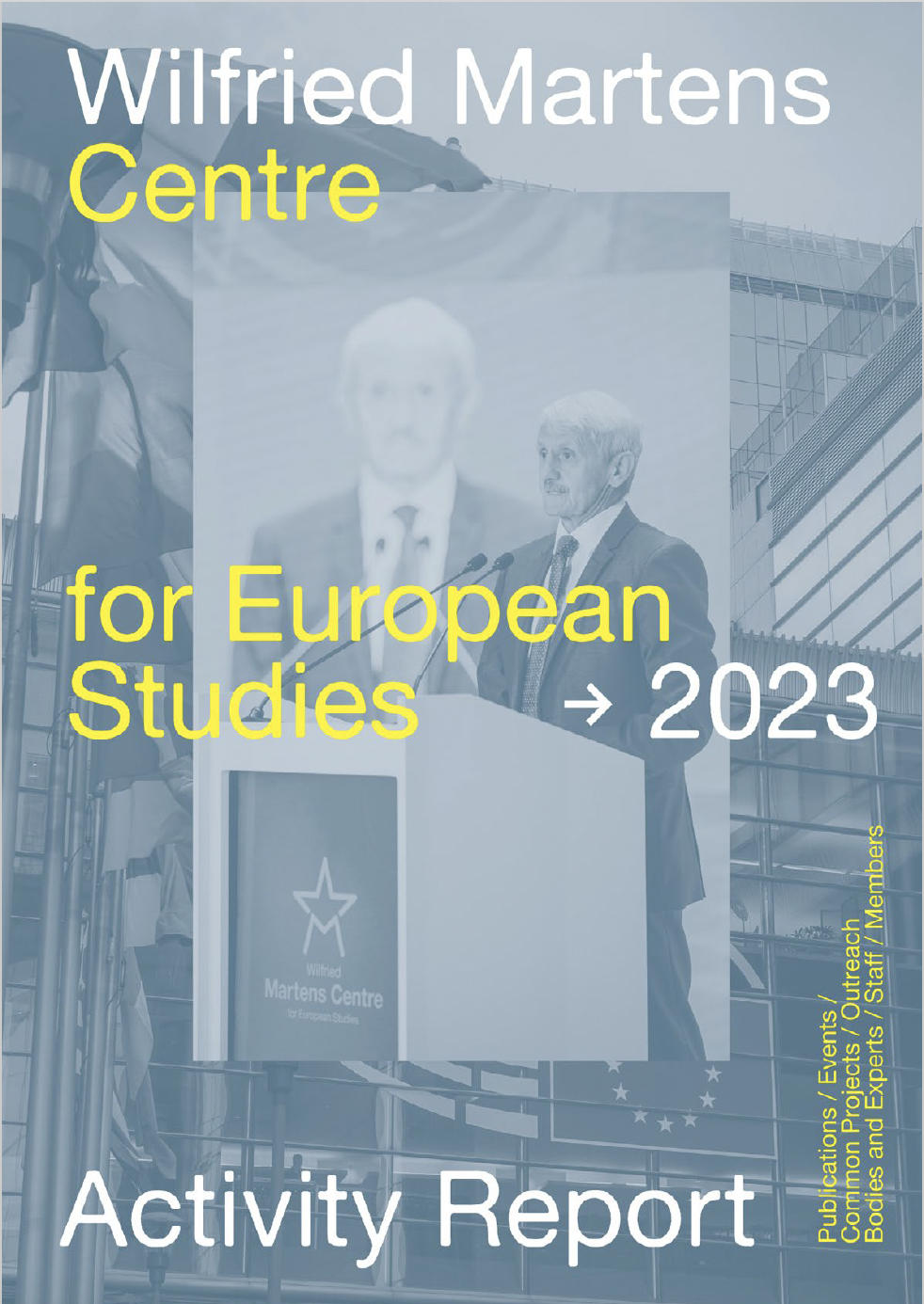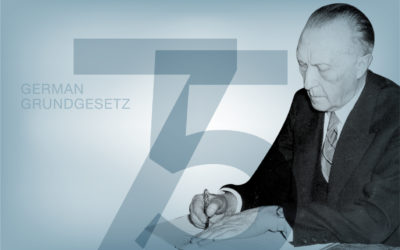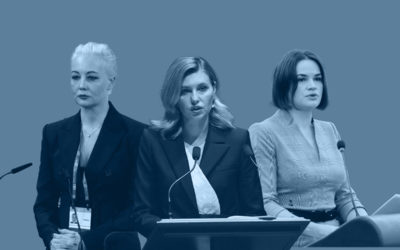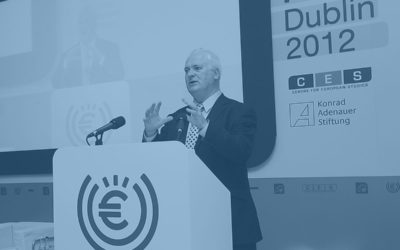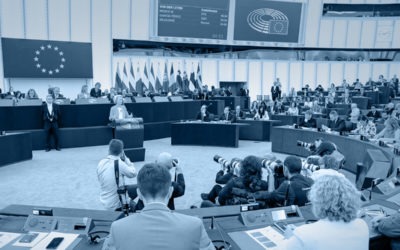Committed to reforms
04 May 2015
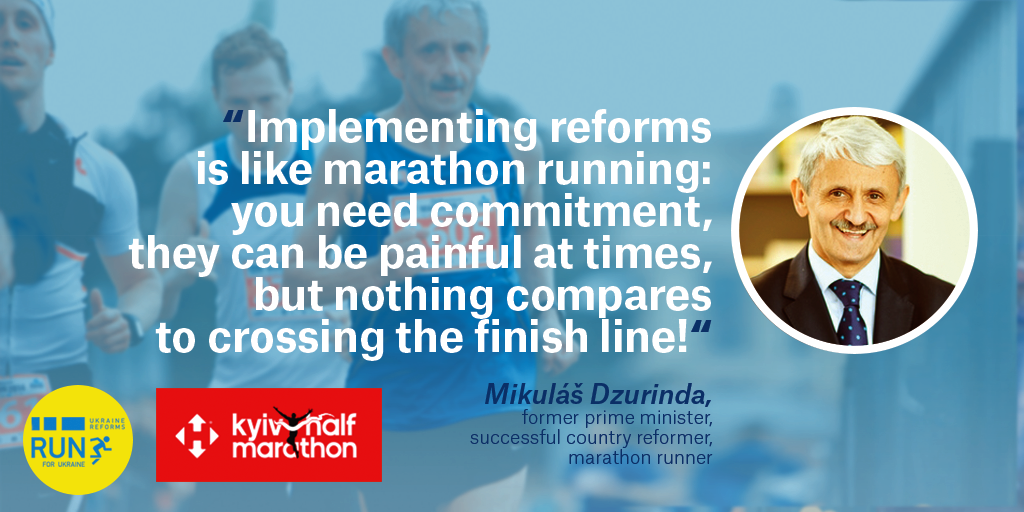
Ukraine and its people are facing a very tough period in their history. We all know that Ukraine needs not only monetary but also political and moral support. That is why I decided, together with three friends, including two members of the European Parliament, to take part in the Kyiv half marathon. They agreed with me that you do not need a reason to run, but it is great to have a cause to run for, and joined the team. What do marathon running and implementing reforms have in common? For starters, they both include a long and arduous journey in which you will run into difficulties. You may even feel pain at times, but nothing compares to the feeling one has when crossing the finish line.
That was the key message of our ‘Run for Ukraine’ campaign: we wanted to express our solidarity and to inspire the brave Ukrainian people to bear with the pain of reforms so that they can soon feel the rewarding feeling of crossing the finish line.
This was a unique opportunity for all of us to meet people in the marathon and exchange views: they told me that every year as the marathon movement becomes more popular, it is becoming part of their everyday life and culture. It is important to understand that our routine too is a marathon of fighting bad habits and each time you win, it makes you stronger, because when you are committed to something, you accept no excuses, only results.
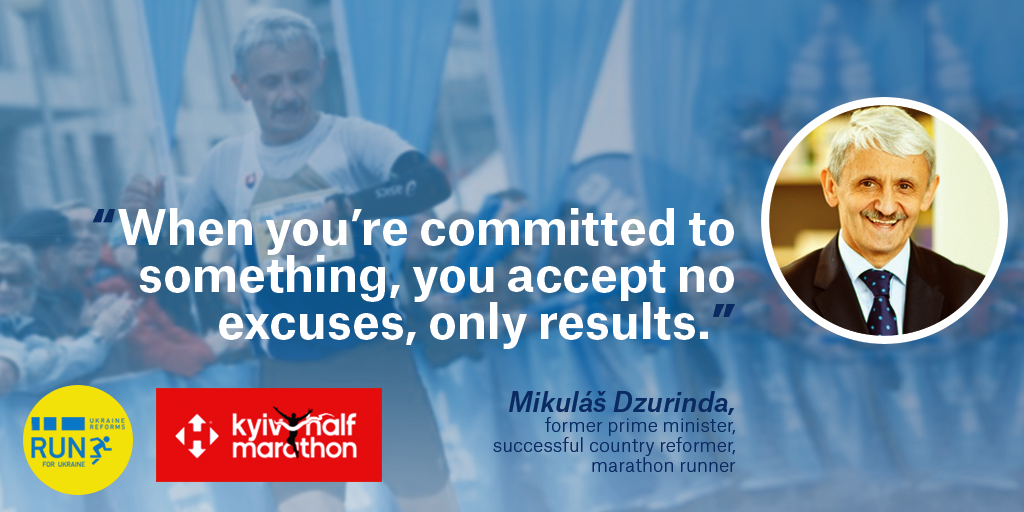
Last year, together with my friends and colleagues from the Wilfried Martens Centre for European Studies we decided to start a big project entitled ‘Ukraine Reforms’. I visited Ukraine in December and talked to students, young people, business representatives, and media. I explained them why reforms are needed. After my visit, Ivan Miklos, former deputy Prime minister of Slovakia, also visited Kyiv to discuss macroeconomic reforms. Now he is an advisor to the Ukrainian Minister for Finance and to the Minister for Economic Development and Trade.
In February, former Prime Minister of Lithuania Andrius Kubilius visited Kyiv and also Dnipropetrovsk as part of the project. Last week, Janez Jansa, former Prime Minister of Slovenia visited Odessa and Kyiv. He held discussions about security and defence, an area he knows well since his time in office as Defence Minister in the first Slovenian democratic government. Under Communist rule, he had been a dissident and fought for the freedom of his country.
In May, two friends of mine, Jan Bielecki and Leszek Balcerowicz, accomplished Polish politicians, will visit Ukraine. They can be described as the architects of the first model for the transition from communism to a market economy. I am looking forward to see the results of their exchange of expertise on the ground.
Reform in Ukraine today should be comprehensive. I would say the three major reforms include the tax system, the labour market and public administration, with a profound decentralisation of power. Having had the opportunity to speak to diverse and local communities, I saw that the people of Ukraine have the determination and commitment required for them to push through these difficult times.
I hope that the advice and expertise of the team of reformers we assembled under the umbrella of the ‘Ukraine Reforms’ project will make a positive contribution. Their journey now is a marathon of reforms: Ukrainians have a long way to go and are sure to stumble over difficulties but their will is strong. Nevertheless, I believe that, together, we will make it to the finish line.
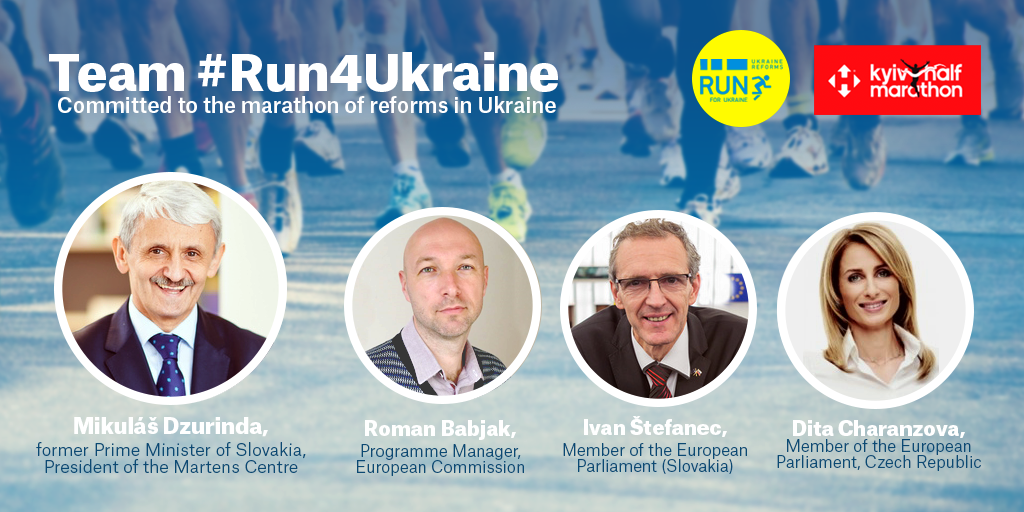
ENJOYING THIS CONTENT?


